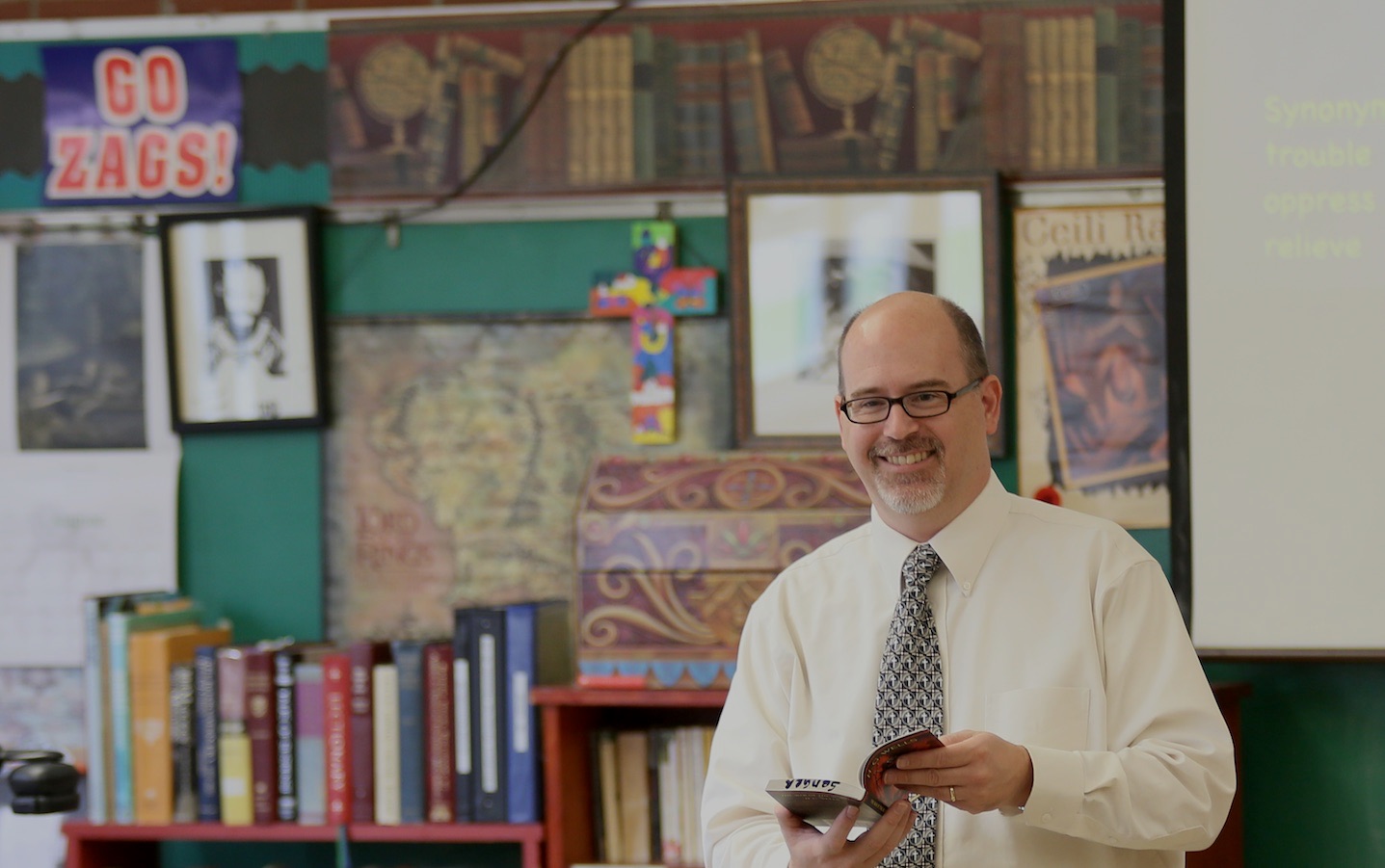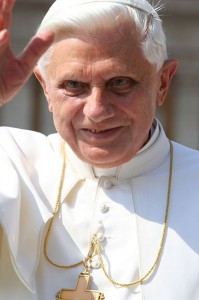In his homily for the Solemnity of Mary, the Mother of God, Pope Benedict had these words about the importance of peace and justice education:
‘Educating Young People in Justice and Peace’ is a task for every generation, and thanks be to God, after the tragedies of the two great world wars, the human family has shown increasing awareness of it, as we can witness, on the one hand, from international statements and initiatives, and on the other, from the emergence among young people themselves, in recent decades, of many different forms of social commitment in this field. For the ecclesial community, educating men and women in peace is part of the mission received from Christ, it is an integral part of evangelisation, because the Gospel of Christ is also the Gospel of justice and peace.
In the face of the shadows that obscure the horizon of today’s world, to assume responsibility for educating young people in knowledge of the truth, in fundamental values and virtues, is to look to the future with hope. And in this commitment to a holistic education, formation in justice and peace has a place. Boys and girls today are growing up in a world that has, so to speak, become smaller, where contacts between different cultures and traditions, even if not always direct, are constant. For them, now more than ever, it is indispensable to learn the importance and the art of peaceful coexistence, mutual respect, dialogue and understanding. Young people by their nature are open to these attitudes, but the social reality in which they grow up can lead them to think and act in the opposite way, even to be intolerant and violent. Only a solid education of their consciences can protect them from these risks and make them capable of carrying on the fight, depending always and solely on the power of truth and good. This education begins in the family and is developed at school and in other formative experiences. It is essentially about helping infants, children and adolescents to develop a personality that combines a profound sense of justice with respect for their neighbour, with a capacity to address conflicts without arrogance, with the inner strength to bear witness to good, even when it involves sacrifice, with forgiveness and reconciliation. Thus they will be able to become people of peace and builders of peace.In this task of educating young generations, a particular responsibility lies with religious communities. Every pathway of authentic religious formation guides the person, from the most tender age, to know God, to love Him and to do His will. God is love, He is just and peaceable, and anyone wishing to honour Him must first of all act like a child following his father’s example. … In God, justice and mercy come together perfectly, as Jesus showed us through the testimony of His life. … Jesus is a way that can be travelled, open to everyone. He is the path of peace. Today the Virgin Mary points Him out to us, she shows us the Way: let us walk in it!.
Read the rest of the homily here.



 that endures.
that endures. As the prospect of my ordination to the diaconate draws ever closer (9-10 months away, God willing!), I am becoming more sensitive to articles and videos having to do with service. The following video expresses beautifully what it means to be a true servant. It would make a powerful statement during a service retreat with your students, or even as a way to begin a lesson on what it means to be a disciple of Christ.
As the prospect of my ordination to the diaconate draws ever closer (9-10 months away, God willing!), I am becoming more sensitive to articles and videos having to do with service. The following video expresses beautifully what it means to be a true servant. It would make a powerful statement during a service retreat with your students, or even as a way to begin a lesson on what it means to be a disciple of Christ.
 To keep these programs going and see similar legislation passed, they said, Catholic leaders need to garner a lot more support for tuition tax credits from leaders of both parties, the general public and even the wider Catholic community.
To keep these programs going and see similar legislation passed, they said, Catholic leaders need to garner a lot more support for tuition tax credits from leaders of both parties, the general public and even the wider Catholic community.